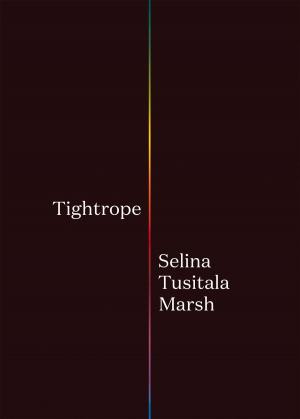Get off the Grass
Kickstarting New Zealand's Innovation Economy
Business & Finance, Economics, Economic Development| Author: | Shaun Hendy, Paul Callaghan | ISBN: | 9781775580768 |
| Publisher: | Auckland University Press | Publication: | November 1, 2013 |
| Imprint: | Auckland University Press | Language: | English |
| Author: | Shaun Hendy, Paul Callaghan |
| ISBN: | 9781775580768 |
| Publisher: | Auckland University Press |
| Publication: | November 1, 2013 |
| Imprint: | Auckland University Press |
| Language: | English |
In a brilliant intellectual adventure that ranges from David Ricardo and Adam Smith to economic geography and the science of complex networks, Shaun Hendy and Paul Callaghan explore how New Zealanders can learn to live off knowledge rather than nature. The key to increasing New Zealand's prosperity, they argue, is innovation in high-tech niches. To catch up with the countries that lure young Kiwis away, New Zealand needs to start innovating like a city of four million people; it needs to start taking science seriously; it needs to start seeing its people as people of learning, not just of the land. Get off the Grass provides a readable introduction to a wide variety of ideas including economic geography, network theory, and complexity theory; offers unique insights into the New Zealand economy and its long-term prospects; adds to current debates worldwide about innovation, science, economic growth, and networks.
In a brilliant intellectual adventure that ranges from David Ricardo and Adam Smith to economic geography and the science of complex networks, Shaun Hendy and Paul Callaghan explore how New Zealanders can learn to live off knowledge rather than nature. The key to increasing New Zealand's prosperity, they argue, is innovation in high-tech niches. To catch up with the countries that lure young Kiwis away, New Zealand needs to start innovating like a city of four million people; it needs to start taking science seriously; it needs to start seeing its people as people of learning, not just of the land. Get off the Grass provides a readable introduction to a wide variety of ideas including economic geography, network theory, and complexity theory; offers unique insights into the New Zealand economy and its long-term prospects; adds to current debates worldwide about innovation, science, economic growth, and networks.















